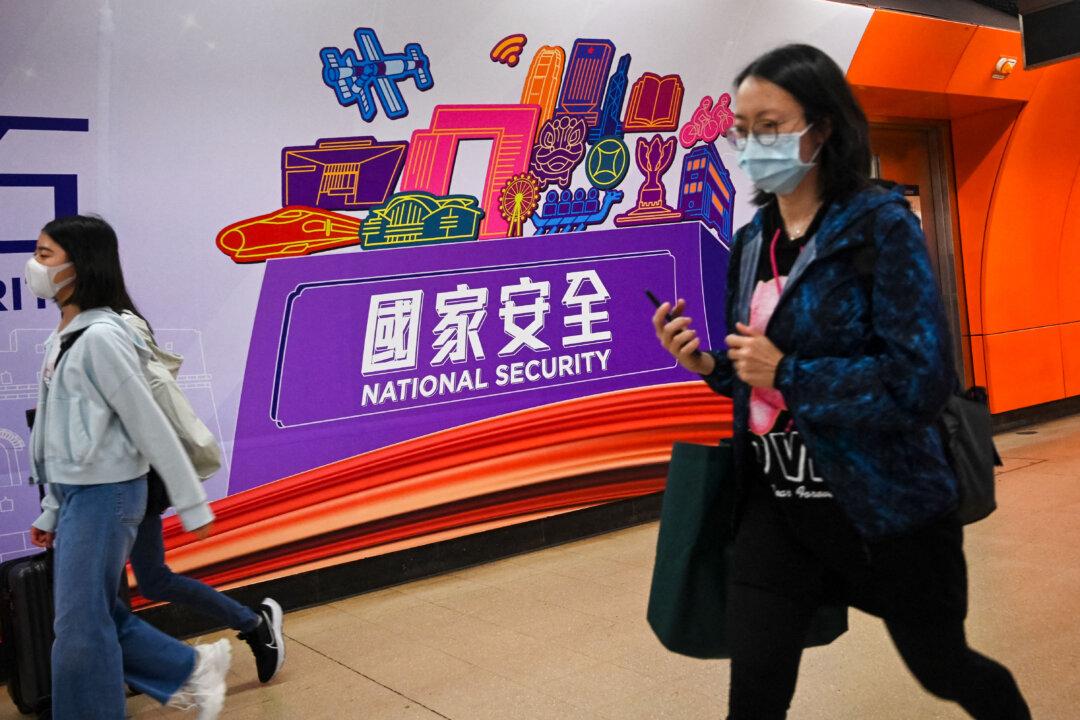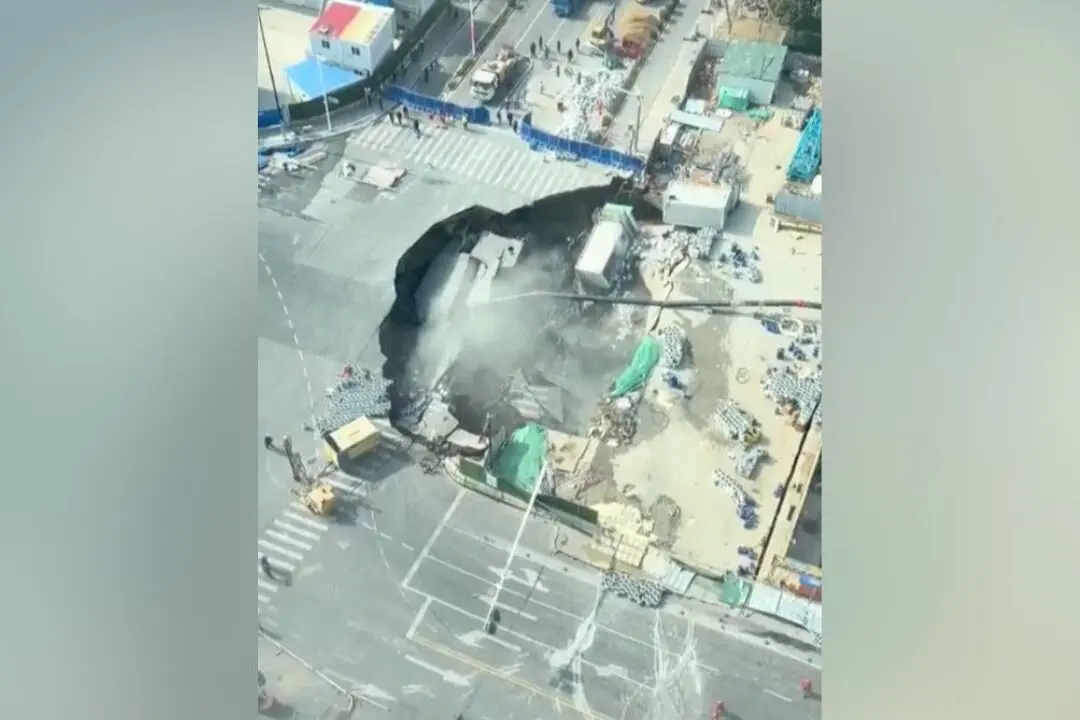The United States has warned American businesses, academic institutions, and media about “new and heightened risks” in Hong Kong, saying they could be targeted for their regular operations in the Asian financial hub.
The updated Hong Kong Business Advisory, issued jointly by the State, Agriculture, Commerce, Homeland Security, and Treasury departments on Sept. 6, highlights the risks stemming from a newly passed national security ordinance, commonly referred to as Article 23, which is a provision of Hong Kong’s Basic Law.




